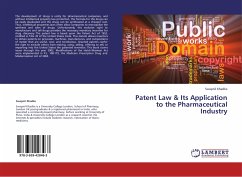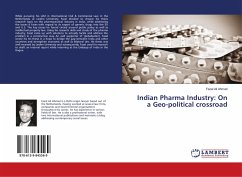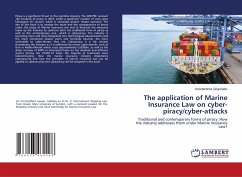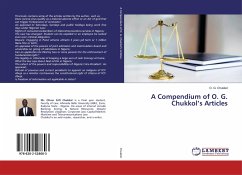The development of drugs is costly for pharmaceutical companies, and without intellectual property law protection, the formula for the drugs can be easily duplicated and the drugs can be synthesized at a cheaper cost. Thus, intellectual properties laws often allow companies to monopolize the synthesis and sales of drugs. Unfortunately, this exclusive right to manufacture and sell drugs provides the necessary monetary incentive for drug discovery. The patent law is based upon the Patent Act of 1952, codified in Title 35 of the United States Code. This statute allows inventors to obtain patents on processes, machines, manufactures, and compositions of matter that are useful, new, and nonobvious. Granted patents confer the right to exclude others from making, using, selling, offering to sell, or importing into the United States the patented invention. This book covers issues through the year 2002, Modifications of the Hatch-Waxman Act were implemented in P.L. 108-173, the Medicare Prescription Drug and Modernization Act of 2003.
Bitte wählen Sie Ihr Anliegen aus.
Rechnungen
Retourenschein anfordern
Bestellstatus
Storno








